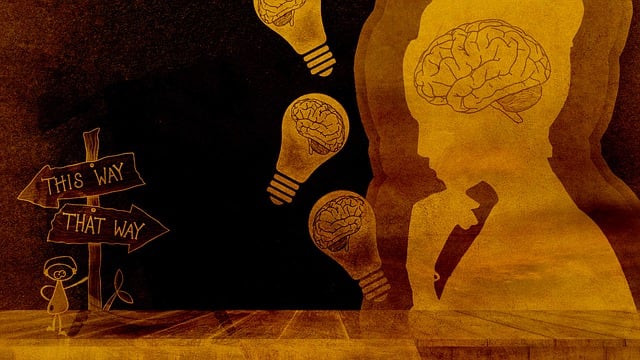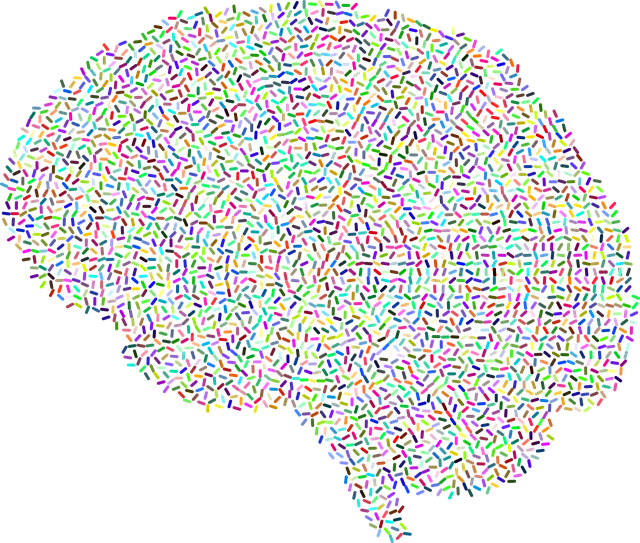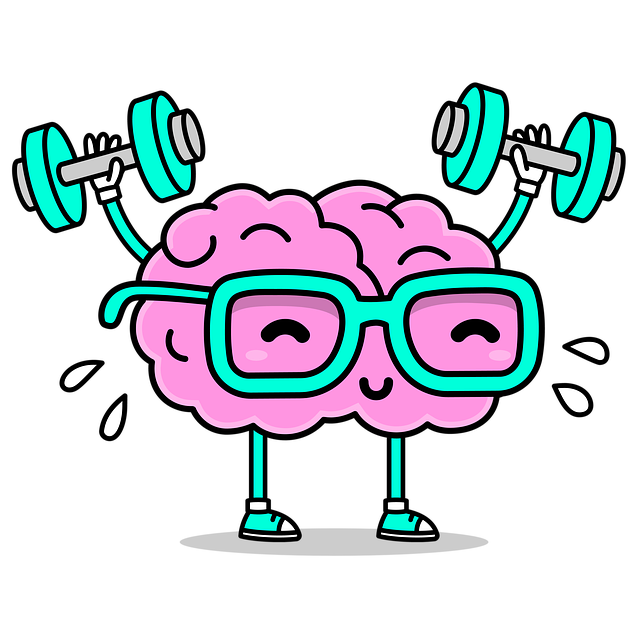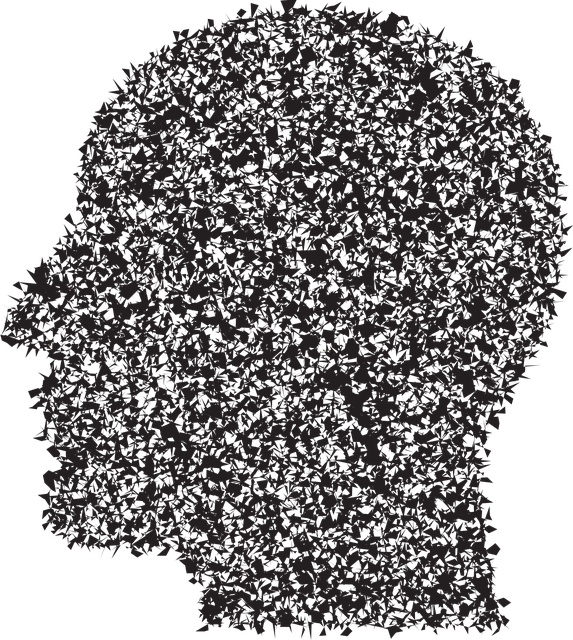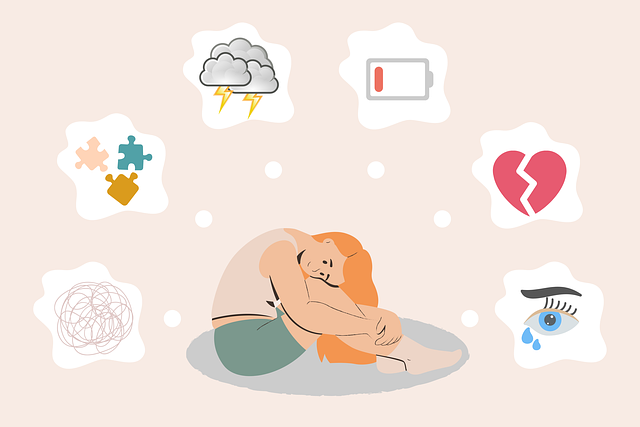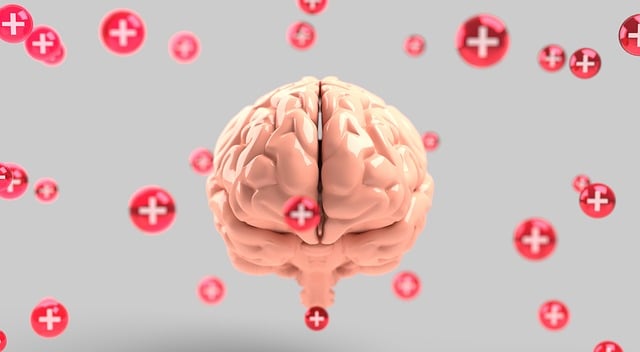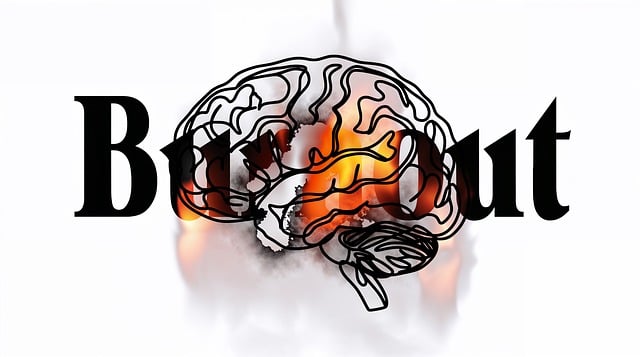Mental wellness self-assessment tools using evidence-based practices like DBT (Dialectical Behavioral Therapy) are vital early interventions for young children, offering a structured approach to understanding their emotional landscape. By evaluating coping skills, emotional regulation, and inner strength, therapists can tailor DBT and other therapies to meet individual needs, fostering resilience and healthy emotion management. These tools, designed through careful integration of DBT principles, help identify emotional states and promote development in areas like stress management and compassion cultivation. Community outreach programs enhance access to these resources, ultimately aiming to improve mental wellness outcomes for young people.
Mental wellness self-assessment tools play a pivotal role in early intervention, especially for young children. This article explores the development of such tools, focusing on the foundational principles of dialectical behavioral therapy (DBT) tailored for kids. We delve into key components for comprehensive assessments and strategies to integrate DBT skills effectively. By understanding these aspects, mental health professionals can create powerful self-evaluation frameworks that support therapy for young children, fostering resilience and emotional well-being.
- Understanding Mental Wellness Self-Assessment: A Foundation for Young Children's Therapy
- The Role of Dialectical Behavioral Therapy (DBT) in Early Intervention
- Designing Comprehensive Self-Assessment Tools: Essential Components
- Integrating DBT Skills into Self-Evaluation Frameworks
- Implementing and Evaluating Self-Assessment Tools for Optimal Mental Health Support
Understanding Mental Wellness Self-Assessment: A Foundation for Young Children's Therapy

Mental wellness self-assessment tools play a pivotal role in early interventions for young children, serving as a gateway to effective therapy like Dialectical Behavioral Therapy (DBT). These assessments provide a structured framework to understand a child’s emotional landscape, identifying both strengths and challenges. By gauging their coping skills development, emotional regulation capabilities, and inner strength development, therapists can tailor activities and strategies specific to each child’s unique needs.
This foundational step ensures that therapy for young children is not only targeted but also empowering. Assessing mental wellness equips children with the tools to recognize and manage their emotions healthily, fostering resilience and a sense of control. It paves the way for DBT and other therapeutic approaches to teach coping mechanisms, enhance emotional intelligence, and cultivate inner strength, ultimately contributing to their overall well-being.
The Role of Dialectical Behavioral Therapy (DBT) in Early Intervention

Dialectical Behavioral Therapy (DBT) plays a pivotal role in early intervention strategies for mental wellness self-assessment and treatment, especially among young children. DBT, initially designed as a therapy for individuals with borderline personality disorder, has evolved to become a valuable tool for addressing emotional dysregulation, impulsivity, and interpersonnel difficulties common in younger demographics. This therapy incorporates skills training and mindfulness practices tailored to enhance coping mechanisms and emotional intelligence.
The early intervention approach leverages DBT’s effectiveness by integrating compassion cultivation practices into mental health education programs. By teaching young minds to recognize and manage their emotions, these programs aim to reduce anxiety relief needs in the long term. Such an adaptive strategy not only empowers children with essential life skills but also paves the way for better mental wellness outcomes as they navigate the complexities of growing up.
Designing Comprehensive Self-Assessment Tools: Essential Components

Developing comprehensive self-assessment tools for mental wellness is a meticulous process that requires careful consideration of various components. These tools play a pivotal role in identifying an individual’s emotional and psychological state, particularly crucial when tailored for young children. The assessment should incorporate elements from evidence-based therapies like Dialectical Behavioral Therapy (DBT), which focuses on coping skills development and emotion regulation. By integrating DBT techniques, the self-assessment can guide young clients towards healthier ways of managing stress and improving their overall well-being.
Additionally, including components that encourage compassion cultivation practices can foster a sense of self-acceptance and empathy in children. This might involve simple exercises or questions designed to promote mindful awareness and positive self-talk. Moreover, considering community outreach program implementation within the assessment tool could enhance its reach and impact. Such programs aim to connect families with necessary resources, creating a supportive network that complements therapy and promotes long-term mental health for young individuals.
Integrating DBT Skills into Self-Evaluation Frameworks

Integrating Dialectical Behavioral Therapy (DBT) skills into self-evaluation frameworks offers a promising approach for enhancing mental wellness in young children. DBT, initially developed as therapy for individuals with borderline personality disorder, focuses on Mind Over Matter principles to regulate emotions and improve interpersonal effectiveness. By incorporating these evidence-based techniques into self-assessment tools, professionals can empower children to develop essential coping strategies and build resilience.
This integration allows for a more holistic evaluation, moving beyond traditional symptoms to assess children’s ability to navigate emotional challenges, manage distress, and foster positive relationships. Self-evaluation frameworks can be tailored to include skills like mindfulness exercises, emotion regulation techniques, and effective communication practices, which are core components of DBT. Such tools not only support therapy but also contribute to the development of Public Awareness Campaigns focused on promoting mental health in young people, fostering a culture of open dialogue and support.
Implementing and Evaluating Self-Assessment Tools for Optimal Mental Health Support

Implementing self-assessment tools for mental wellness is a proactive step towards enhancing support for individuals seeking optimal emotional well-being. These tools, designed to evaluate and monitor mental health, play a pivotal role in tailoring interventions to specific needs. For young children, incorporating Therapy for Young Children (TYC) and Dialectical Behavioral Therapy (DBT) principles into self-assessment frameworks can foster coping skills development and emotional regulation.
Evaluating these tools requires a multifaceted approach. It involves assessing their validity, reliability, and impact on various demographics. By understanding how well the assessments measure mental health constructs, we can identify effective strategies for Mind Over Matter principles application. Ultimately, this process aims to promote Emotional Well-being Promotion Techniques that cater to diverse needs, ensuring personalized and impactful support for all individuals seeking mental wellness guidance.
The development of mental wellness self-assessment tools is a pivotal step in enhancing support for young children’s therapy. By integrating dialectical behavioral therapy (DBT) skills into these frameworks, we can create comprehensive evaluations that promote early intervention and optimal mental health outcomes. These tools, designed with an evidence-based approach, have the potential to revolutionize how we identify and address mental wellness concerns in young individuals, paving the way for more effective and tailored therapy strategies.


